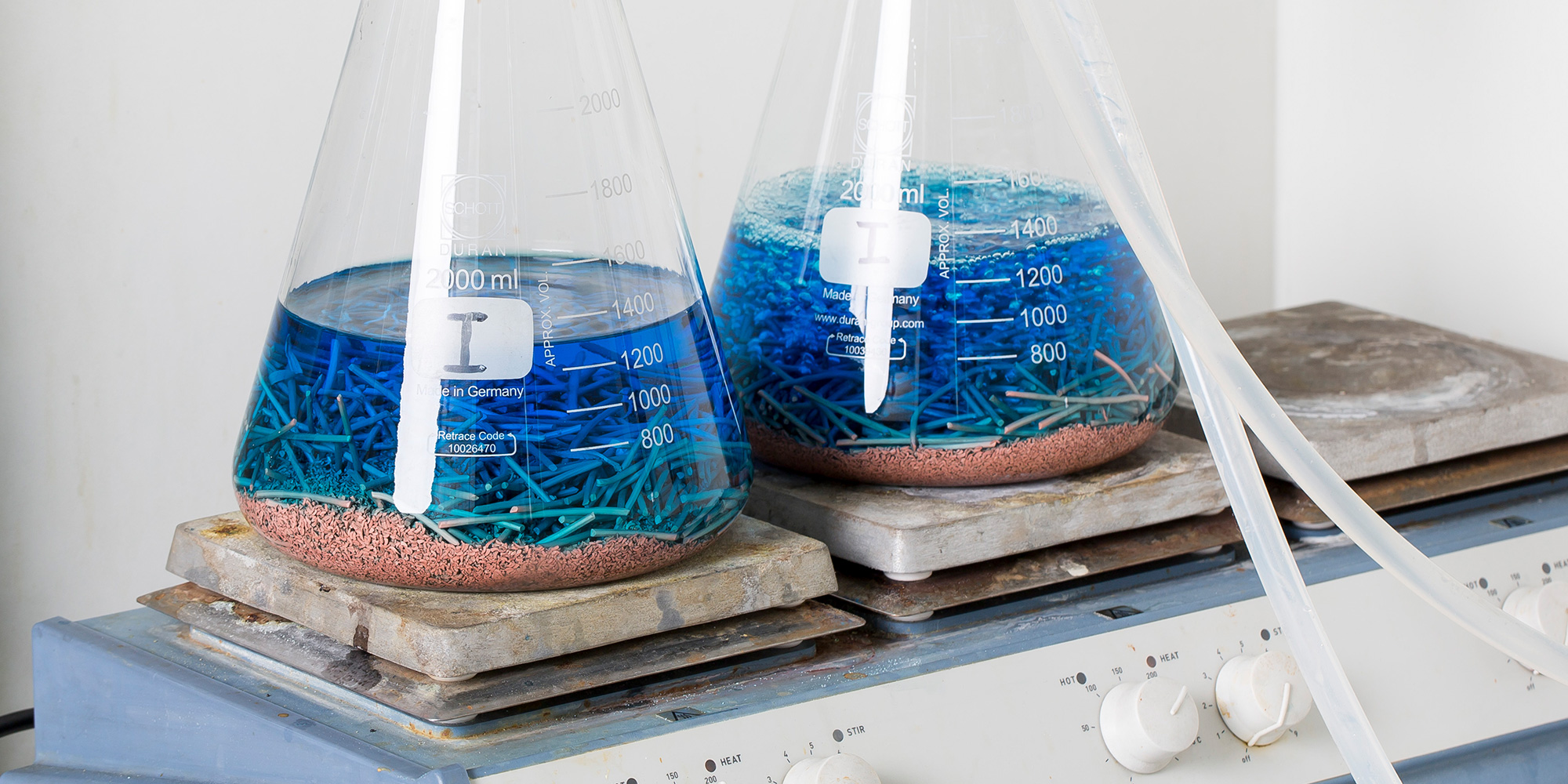EN ISO 3651-1 Intergranular Corrosion in Stainless Steels Test
The EN ISO 3651-1 test is a critical procedure used to assess the susceptibility of stainless steels to intergranular corrosion (IGC). IGC primarily arises due to chromium-depleted zones at grain boundaries, often as a result of improper heat treatment or welding. This testing method is essential for ensuring that materials meet the stringent requirements set forth by international standards and are suitable for use in demanding environments such as oil and gas exploration.
Oil & Gas testing specifically requires robust materials capable of withstanding corrosive conditions, high pressures, and extreme temperatures. Stainless steels are frequently employed due to their excellent mechanical properties, but they must be carefully scrutinized to avoid the pitfalls of IGC. The EN ISO 3651-1 test addresses this challenge by providing a standardized approach to evaluate the resistance of stainless steel samples against intergranular corrosion.
The procedure involves heating and solution annealing the specimen in a chloride-containing atmosphere, typically using a mixture of sodium chloride (NaCl) or potassium chloride (KCl). This process simulates real-world conditions where chlorides are present. The sample is then visually inspected for any signs of pitting or other forms of corrosion that might indicate IGC susceptibility.
The testing methodology is designed to mimic the heat treatment and fabrication processes used in oil & gas facilities, making it an invaluable tool for quality assurance and compliance with industry standards. By subjecting the material to this standardized procedure, manufacturers can ensure they are meeting the stringent requirements of international standards such as EN ISO 3651-1.
The test results are typically reported using visual inspection methods or more sophisticated techniques like scanning electron microscopy (SEM) for detailed analysis of the corrosion morphology. These reports play a crucial role in guiding material selection and process optimization, ensuring that only high-quality materials are used in critical oil & gas applications.
Understanding the mechanism behind IGC is paramount for quality managers and compliance officers working within this sector. By leveraging the EN ISO 3651-1 test, they can ensure that their procurement decisions align with stringent standards, thereby minimizing the risk of costly failures due to corrosion in oil & gas infrastructure.
For R&D engineers, this test provides a means to innovate and improve material properties by identifying potential weaknesses early in the development process. The insights gained from these tests can lead to the creation of new alloys or modifications to existing ones that are more resistant to IGC.
Why It Matters
The EN ISO 3651-1 test is not merely a formality but a critical step in ensuring the integrity and longevity of materials used in oil & gas applications. Intergranular corrosion can lead to catastrophic failures, especially in high-pressure environments where the structural integrity of components is paramount. Ensuring that materials meet this stringent test standard helps prevent such incidents.
For quality managers, compliance officers, and R&D engineers, the results of this test are a key indicator of material reliability. By passing the EN ISO 3651-1 test, manufacturers can demonstrate their commitment to quality and comply with industry standards, thereby enhancing their reputation in the market.
The test also plays a vital role in risk management by identifying potential vulnerabilities early on. This proactive approach helps businesses avoid costly recalls or repairs that could occur if defects are not identified during the manufacturing process.
Benefits
The benefits of conducting the EN ISO 3651-1 test extend beyond mere compliance with industry standards. These tests offer several advantages that can significantly impact a business's operations and reputation:
- Enhanced Material Reliability: By ensuring materials are free from intergranular corrosion, businesses can trust in the long-term performance of their products.
- Informed Decision-Making: The test results provide valuable insights that can inform material selection and process optimization, leading to more efficient production processes.
- Compliance Assurance: Compliance with international standards like EN ISO 3651-1 is crucial for maintaining a reputable business image in the global market.
- Risk Mitigation: Identifying and addressing potential issues early can significantly reduce the risk of costly failures or accidents, ensuring safer operations.
In summary, the EN ISO 3651-1 test is not just a regulatory requirement but a strategic investment in material quality and operational safety.
Why Choose This Test
The choice to conduct the EN ISO 3651-1 test for intergranular corrosion assessment offers several compelling reasons:
- Standardized Procedure: The method is globally recognized, ensuring consistent results across different laboratories and jurisdictions.
- Industry Acceptance: Compliance with this standard is widely accepted in the oil & gas sector, enhancing your business's credibility.
- Expertise in Testing: Our laboratory has extensive experience in performing such tests, providing accurate and reliable results.
- Rigorous Quality Assurance: The test ensures that only materials meeting stringent standards are used in critical applications.
By choosing this service, you are investing in the reliability and safety of your products, contributing to a safer and more efficient operation within the oil & gas industry.





